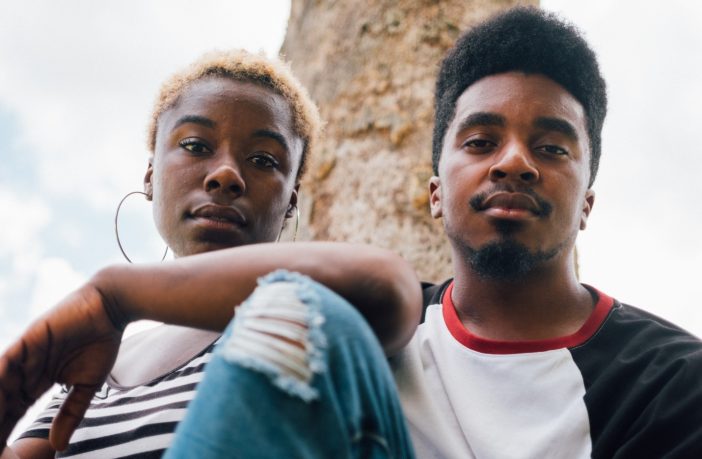It is important hear the voice of the youth living in townships in South Africa and indeed the entire continent. There is an underlying will to improve dire living conditions using sustainable methods. Here is Thierry’s voice:
Poor communities live in the “townships”, where the smell of misery haunts each and every street. The lowest class of the economic system is found in the townships. Every day is a struggle as people try to eke out a living and figure out ways to overcome their everyday challenges.
According to the World Bank mostly half of the urban population in south Africa lives in “townships” which were created by the evil apartheid government to separate black people from white peoples. Despite significant efforts made by the government, the number of townships plus their population is increasing throughout the country. Most townships lack the most basic of services
To improve living conditions for these communities why not implement green or bio energy initiatives at grass roots level and let the people build and manage such systems? In this way we can have self-autonomous communities in the townships serving to bridge the gap the development built environment and the under-developed.
Bio energy is an energy that is produced from biological sources such as animals waste or plants matter. Green energy is energy produced from natural resources like wind and sunlight. Both fall under the category of renewable energy.
One of the first and basic problem encounter by poor communities in south Africa is the problem of sanitation instead of spending billions by designing sanitation system why don’t we design a simple system that will collect all the waste and turn them into bio-gas that will help for cooking and warming the house during winter causing also a reduction in term of electricity consumption.
The other approach thinking was having a central solar production area servicing multiple houses. It has been always said the youth is the future of a nation, and more an educated youth. By providing them at least electrical light to study during the night instead of candles light at least one student who will be able to learn each and every night and pass at its exams or tests.
We also notice a problem of waste removal. There are mountains of trashes found at every corner in townships. Instead of spending time trying to clean the streets and burn waste, it would be better to recycle. In some countries in West Africa, such as Cameroon where I’m coming from, domestic waste are turn into coal that is used for cooking in local made coal cooker.
I highly believe that, it is possible in South Africa to have autonomous “townships” in term of energy, with the goal as said in the beginning to reduce the gap between development and under-development. As the most advanced country in terms of development in Africa I strongly believe that this challenge can be taken and be implemented and spread out through the whole of Africa.
Author: Thierry Tobou
Thierry is from Cameroon and has been in living in South Africa since 2011. He is currently studying b-tech in mechanical engineering at Vaal University of Technology.
















1 Comment
Pingback: A Conscious Lifestyle for a South African -